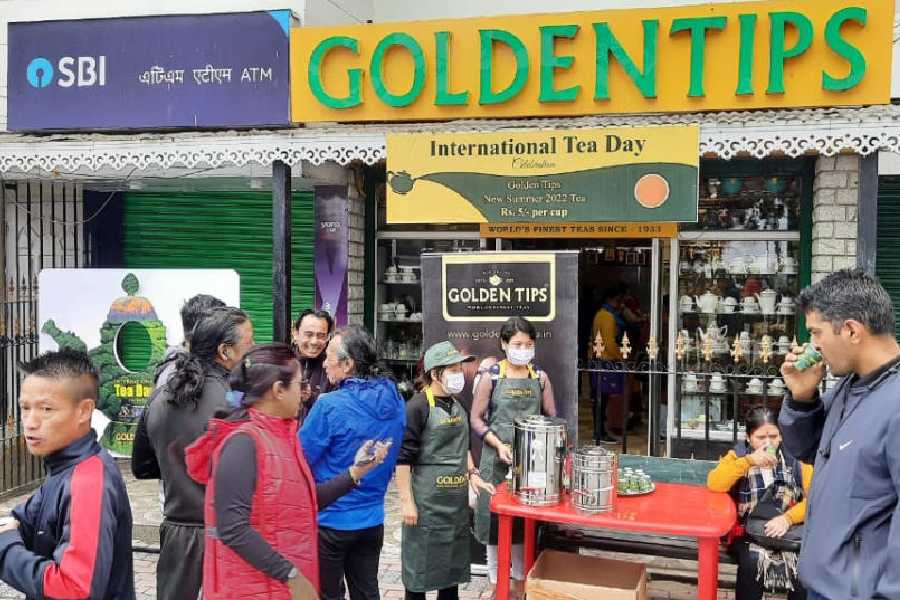The Indian Tea Association (ITA), the largest association of tea planters in the country, said that they brought around 50,000 children, who dwell in 33 tea estates in Jalpaiguri, Alipurduar and Darjeeling districts, into the ambit of an institutional mechanism to prevent child marriage, child trafficking and unsafe migration.
Arijit Raha, the secretary general of ITA, shared the data on Tuesday as the world celebrated International Tea Day.
This year, the Food and Agriculture Organisation (FAO) of the United Nations (UN) is celebrating International Tea Day under the theme “Honouring women around the world, from crop to cup".
In India, the tea sector engages around 1.2 million people, half of whom are women.
On their project, Raha said: "The project, which is being carried out in association with Unicef also covers their parents, particularly the mothers, and focuses on behavioural change among parents towards prevention of early marriage and unsafe childhood."
The programme, initiated in 2021-22, also works for compulsory education of children, skill development, exposure to obtain legal aid in times of distress and reporting of cases on Childline, he said.
“In north Bengal, around 4,000 families who dwell in tea gardens have been counselled to ensure that their children complete their studies. The initiative has worked and is still continuing across the tea belt,” Raha added.
In neighbouring Assam, a similar endeavour has been taken up by the ITA in 159 tea estates in Assam, he added.










